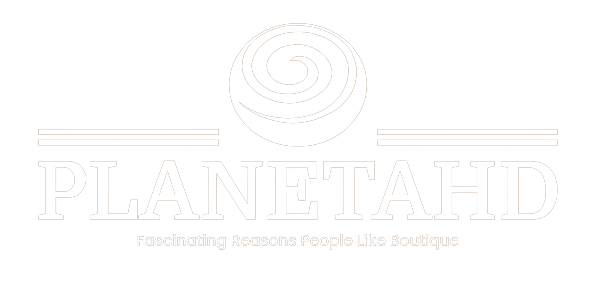What are the main food groups in a balanced diet?
A balanced diet is integral to maintaining good health and ensuring optimal bodily function. By understanding the five major food groups, one can effectively optimize their dietary intake. These five essential food groups include fruits, vegetables, grains, protein foods, and dairy or dairy substitutes.
Fruits and vegetables, often grouped separately but equally important, form a critical part of a balanced diet due to their high nutrient density. Fruits provide a rich source of vitamins such as vitamin C and A, dietary fiber, and beneficial plant compounds. Vegetables, on the other hand, are loaded with essential minerals and vitamins, particularly vitamin K, vitamin A, and potassium. Consuming a variety of both fruits and vegetables in different colors can enhance the diversity of nutrients intake, thereby promoting better health.
Grains, subdivided into whole grains and refined grains, serve as significant sources of energy in our diet. Whole grains like brown rice, oatmeal, and whole wheat bread are rich in dietary fiber, B vitamins, and minerals such as iron, magnesium, and selenium. They support digestive health, contribute to a feeling of fullness, and can help regulate blood sugar levels. Refined grains, while often enriched, can lack some of the nutrients found in whole grains.

Protein foods form a critical food group, fundamental for growth, tissue repair, immune function, and creating essential enzymes and hormones. This group comprises a broad spectrum of foods including meat, poultry, fish, eggs, nuts, seeds, and legumes like beans and lentils. When considering protein, remember to consider the type and amount of fat associated with the protein source, and lean toward those with healthier fats and minimal processing.
Finally, dairy or its alternatives form the last vital group. Dairy products, including milk, cheese, and yogurt, are significant sources of calcium, which is crucial for bone health. They also provide protein, vitamin D, and other essential nutrients. Non-dairy alternatives, like fortified soy, almond, or oat milk, can provide similar benefits for those who are lactose intolerant or following vegan diets.
In summary, a balanced diet includes a diverse mix of foods from all five food groups. Each group provides unique and essential nutrients required for the body’s well-being. Consider these groups when planning meals, making sure to include a variety of foods within each category for optimal health benefits. Remember, dietary balance is not just about the foods you eat, but also about maintaining portion control and enjoying your meals.


